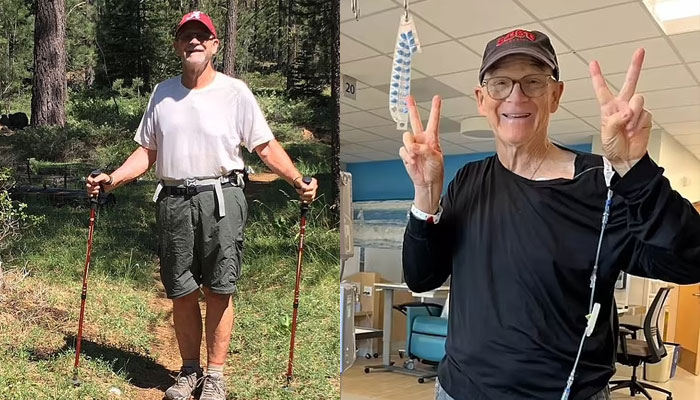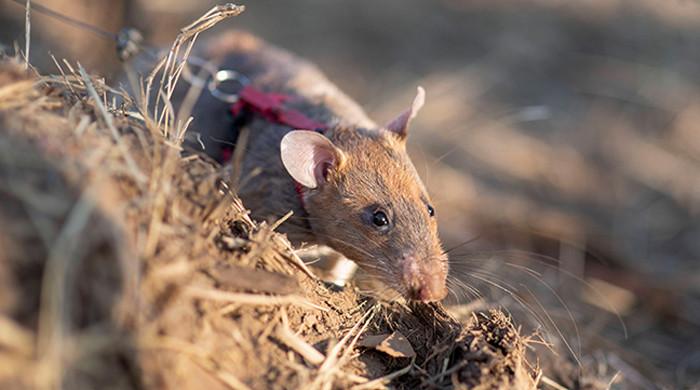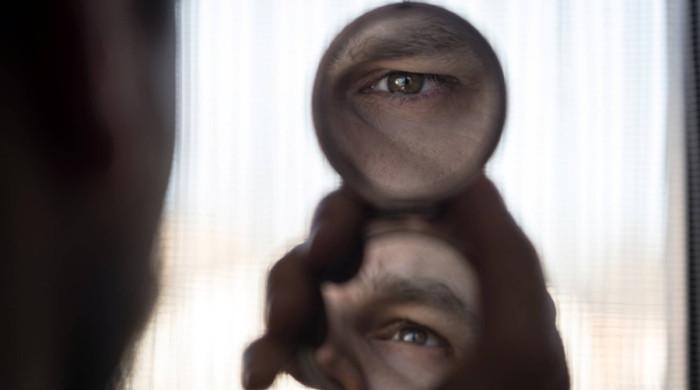Ronald Norman: Meet male breast cancer survivor who underwent mastectomy
Norman's revelation came after a forceful hit to his nipple during a pickleball match
November 28, 2023

Retired college professor Ronald Norman found himself confronting an unexpected adversary when a routine game of pickleball led to the discovery of his breast cancer.
In a heartfelt op-ed for the San Diego Union-Tribune, the 76-year-old detailed his journey as one of the approximately one in 1,000 men affected by breast cancer.
Norman's revelation came after a forceful hit to his nipple during a pickleball match, an impact he described as one of the hardest he had ever experienced in over 12 years of playing the sport.
Despite initially dismissing the incident as a bruise, Norman noticed a lingering lump behind his nipple a few weeks later. Seeking medical advice, a nurse practitioner ordered a mammogram, which unveiled the shocking reality: male breast cancer. The diagnosis was later elevated to stage 2 to 3 after additional tests, revealing cancerous lymph nodes in his right armpit.
Norman chose to pursue an alternative and more natural treatment approach, witnessing the tumour shrink over four months. However, when the program concluded, the tumour persisted, leading to the inevitable decision for a mastectomy to remove his right breast and affected lymph nodes. This surgical intervention was followed by eight rounds of chemotherapy over 16 weeks and six weeks of daily radiation.
Throughout his challenging journey, Norman experienced support from family and friends, acknowledging their crucial role in his recovery. Despite some expected short-term side effects from chemotherapy, including a sore tongue, partial numbness in extremities, and hair loss, he viewed these sacrifices as a means to achieve long-term health.
Norman concluded his op-ed by advocating for men to conduct regular self-examinations, emphasising the importance of early detection. He urged men to seek medical attention if they discover any unusual lumps, underscoring that prompt action could be pivotal, even for a condition as rarely associated with men as breast cancer.











